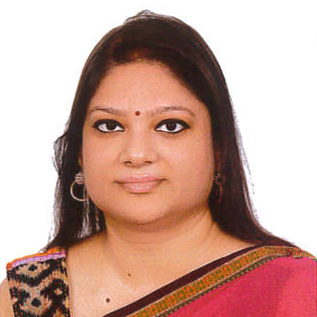Society

There was a time, about 6000 to 8000 years ago, when human beings would flock by the banks of rivers to hunt and fish. As the rivers flooded, the lands around them became fertile paving way for agriculture.
Agriculture was well under way in several regions including Ancient Egypt, around the Nile River; the Indus Valley civilisation; Mesopotamia, between the Tigris and Euphrates rivers; and Ancient China, along the Yellow and Yangtze rivers.
Rivers acted as the crowd puller then but today, it is the social media that has taken up the role. Agriculture is what generated businesses then. Today businesses are spawning through information, information that we are happily sharing on social media platforms like Facebook and YouTube.
We proactively put our personal information on Facebook which has more than 2 billion daily active users (data by Statista, 2nd quarter of 2018) today. These are the people out of the 7.6 billion people on this earth who have basic English language skills and access to the internet.
Facebook continuously comes up with ideas to keep this chunk on the hook. 'Likes' have become virtual assets. As users give check-ins in restaurants to get discount on burgers, marketers get to know the hotspots and design business strategies accordingly.
Check-ins disclose our whereabouts while group selfies portray our social circles to the world. Thus potential businesses thrive based on who hangs out with whom, who spends on what. Status symbols are different now. They are no more the brands like Gucci, Nike or Calvin Klein. Now, one has to visit a particular eatery, watch a particular film or exhibition, attend a particular rally or concert to be 'in' or to be known as follower of a particular religion or political party.
With "family tree", Facebook now knows who is connected to whom. With its latest query on blood groups, it will now have the most basic information of human health. With groups like, "Late Risers" it gets to know personality types and lifestyles of people. An advertisement of Izumi is unlikely to appear on the homepage of someone who regularly checks-in at Star Kebab or Fakhruddin Biriyani.
Our mobile phone has senses now. Cameras are the eyes, screen captures the touch (fingerprints). If you have an android phone, it will make you traceable in multiple ways. Apart from the Global Positioning System or GPS, it can trace your physical location through the WiFi you are using or can mark the cell phone tower your cellular service is connected to.
If you want to be accompanied by another 'alive' device, go for the new Apple Watch Series 4 launched recently. Some of the watch's most important features are its health and fitness-tracking functions. The new watch is one of the first over-the-counter devices in the United States to offer ECG readings, according to reports. Its incredibly dense, health-focused face shows your activity levels, heart rate, workout shortcuts, a shortcut to music, and more.

























Leave a Comment
Recent Posts
Auspicious beginnings, but a l ...
The newly elected government of Bangladesh is now in office, and the e ...
Caught between tigers and pira ...
Over 10,000 fishermen in the Sundarbans have suspended their fishing a ...
Historic Chawk Bazar comes alive with iftar items on ..
Shaping Young Conservationists: School Conservation ..
Iran has said it has reached an understanding with t ..
New Finance Minister Amir Khosru Mahmud Chowdhury